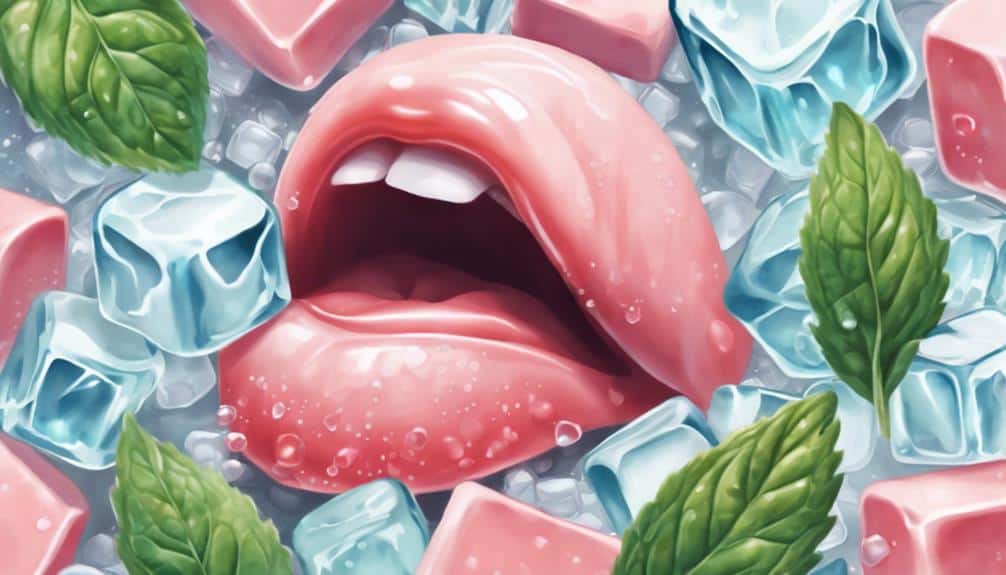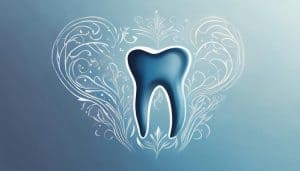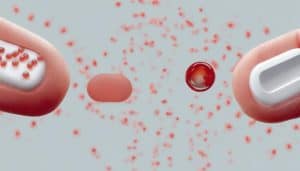You can alleviate the discomfort of a burnt tongue by trying soothing remedies like sucking on ice chips, coating your tongue with honey, or rinsing with salt water. Over-the-counter pain medication like acetaminophen can also provide relief. To prevent future burns, avoid consuming extremely hot foods and drinks, and be mindful of inhaling hot vapors or liquids. Most tongue burns heal within 1-2 weeks, but severe burns can lead to serious complications if left untreated. By understanding the causes, symptoms, and remedies, you'll be well on your way to relieving the pain and promoting healing – and there's more to discover.
Key Takeaways
• To soothe a burnt tongue, drink cold water or suck on ice chips to reduce pain and inflammation.
• Coat the tongue with honey or sugar to provide temporary pain relief and promote healing.
• Rinse the tongue with salt water to reduce swelling and clean the area, promoting faster recovery.
• Consume soft, cold foods like yogurt or applesauce to ease discomfort and aid in the healing process.
• Over-the-counter pain medication like acetaminophen can be taken to alleviate pain and discomfort.
Causes of a Burnt Tongue
When you consume extremely hot foods or drinks, you risk burning your tongue, which can be a painful and uncomfortable experience. The intense heat can cause damage to the delicate tissues of your tongue, leading to oral pain and discomfort.
Heating food in a microwave or drinking near-boiling liquids are common causes of tongue burns. Inhaling hot vapors or liquids can also result in a burnt tongue. Additionally, holding flammable or corrosive objects in your mouth can cause burns. The severity of a burnt tongue can vary based on the temperature and duration of exposure to the heat source.
To help soothe the pain, it's important to act quickly. Rinsing your mouth with cold water can provide instant relief. Applying a cold compress or sucking on an ice cube can also help reduce the pain. However, it's vital to avoid further irritating your tongue by avoiding hot foods and drinks until the burn has fully healed.
Understanding the causes of a burnt tongue can help you take preventive measures to avoid this oral pain. By being mindful of the temperature of your food and drinks, you can reduce the risk of burning your tongue. If you do experience a burn, knowing how to provide immediate help can make a significant difference in reducing your discomfort.
Symptoms and Warning Signs
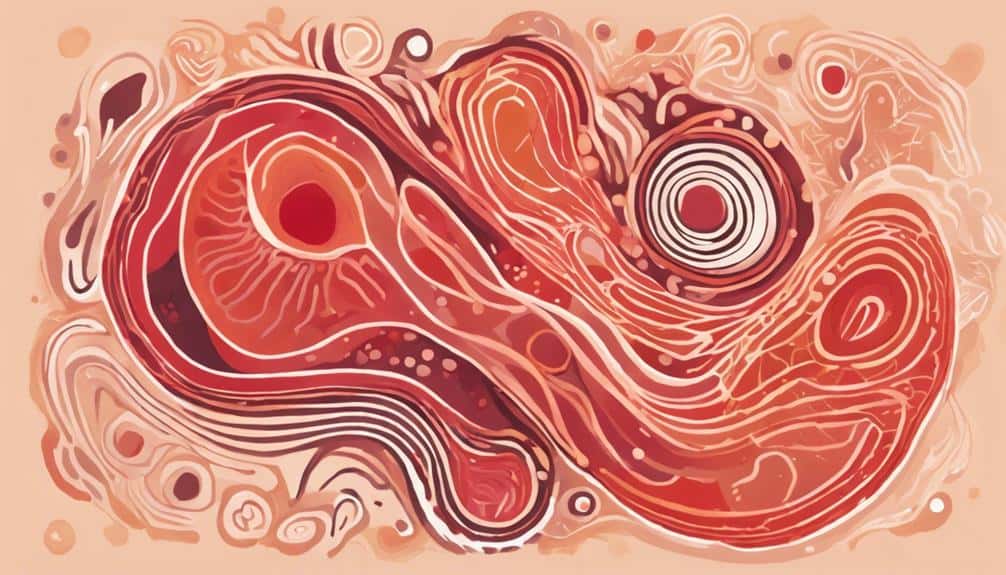
As you take steps to prevent and treat a burnt tongue, it's equally important to recognize the symptoms and warning signs that indicate the significance of the burn. You may experience a stinging or tingling sensation on your tongue, accompanied by redness and changes in taste perception. These symptoms can be uncomfortable, but they're often a sign of a minor burn that will heal on its own.
However, if you notice warning signs of a severe burn, such as persistent redness, swelling, or increasing pain, it's vital to take action. Swollen lymph nodes, fever, or signs of airway compromise may indicate a need for immediate medical attention.
In severe cases, burned taste buds can result in a metallic taste in your mouth, which typically resolves as the burn heals. The good news is that taste buds on your tongue regenerate every 10-14 days, even if they're burnt off due to a tongue burn.
Recognizing the symptoms and warning signs of a burnt tongue is essential in determining the best course of treatment. By being aware of these signs, you can take proactive steps to soothe and heal your tongue.
Soothing Remedies for Relief

What can you do to alleviate the discomfort and promote healing of a burnt tongue?
If you've indulged in hot foods and ended up with a burnt tongue, don't worry, there are several soothing remedies that can provide relief.
Firstly, drink cold water or suck on ice chips to numb the area and reduce the stinging sensation.
You can also coat your tongue with honey or sugar to alleviate pain. Rinsing your tongue with salt water can reduce swelling and discomfort. Mix half a teaspoon of salt with eight ounces of warm water and swish it around your mouth before spitting it out.
Consuming soft, cold foods like yogurt or applesauce can also help numb the area. Additionally, taking time to eat slowly and carefully can help prevent further irritation.
Over-the-counter pain medication like acetaminophen can provide relief from the discomfort.
Preventing Future Burns

To prevent tongue burns, take proactive steps to avoid consuming scorching hot foods and drinks, as well as protect yourself from hazardous substances that can cause harm. Let foods and drinks cool before consuming to prevent future tongue burns. This simple habit can save you from the agony of a burnt tongue. Additionally, be mindful of inhaling hot vapors or liquids that can lead to tongue burns. These preventive measures can greatly reduce the risk of tongue burns.
Moreover, keep flammable or corrosive objects away from your mouth to prevent burns. Childproofing your home can also help prevent children from accessing hot items that may cause burns. This is especially important for families with young children who may not have the cognitive ability to understand the dangers of hot objects.
Furthermore, addressing underlying issues like stress can also help prevent conditions like Burning Mouth Syndrome (BMS) or Geographic Tongue, which can contribute to tongue pain. By taking these proactive steps, you can significantly lessen the risk of tongue burns and promote overall oral health.
Healing Time and Expectations
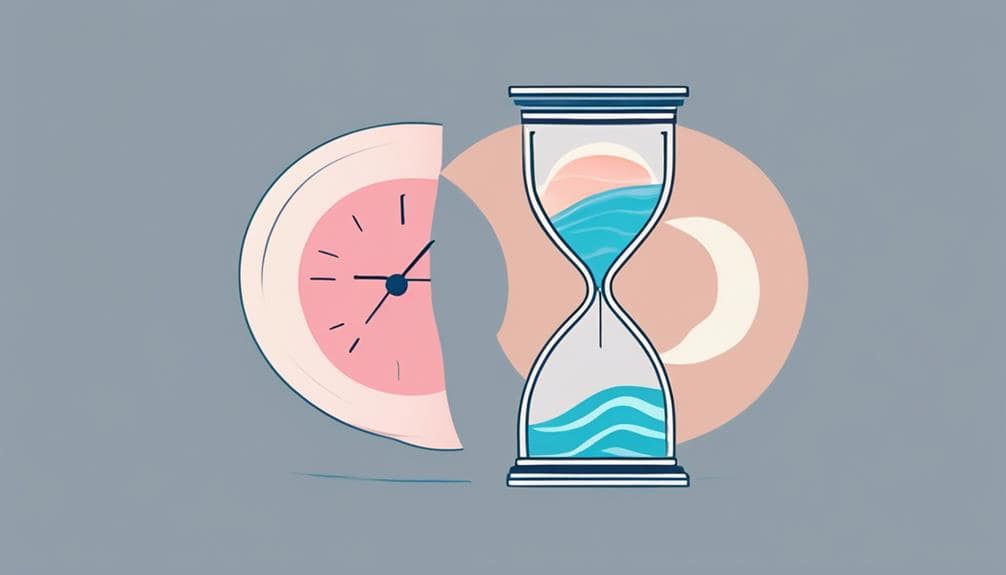
You can expect a burnt tongue to heal within a relatively short period, with most cases resolving on their own within 1-2 weeks, depending on the severity of the burn and any potential complications that may arise. The healing time is influenced by the severity of the burn, with more severe burns taking longer to heal. Fortunately, the taste buds on your tongue regenerate every two weeks, which helps restore lost sensation as you recover.
It's important to have realistic expectations during the healing process. While most tongue burns are first-degree and can be treated at home with proper care, it's essential to monitor your symptoms closely. If you notice signs of infection, such as fever, discharge, or worsening symptoms in the burnt area, seek medical attention promptly. Infections can significantly prolong the healing time and even lead to more severe complications.
When to Seek Medical Help
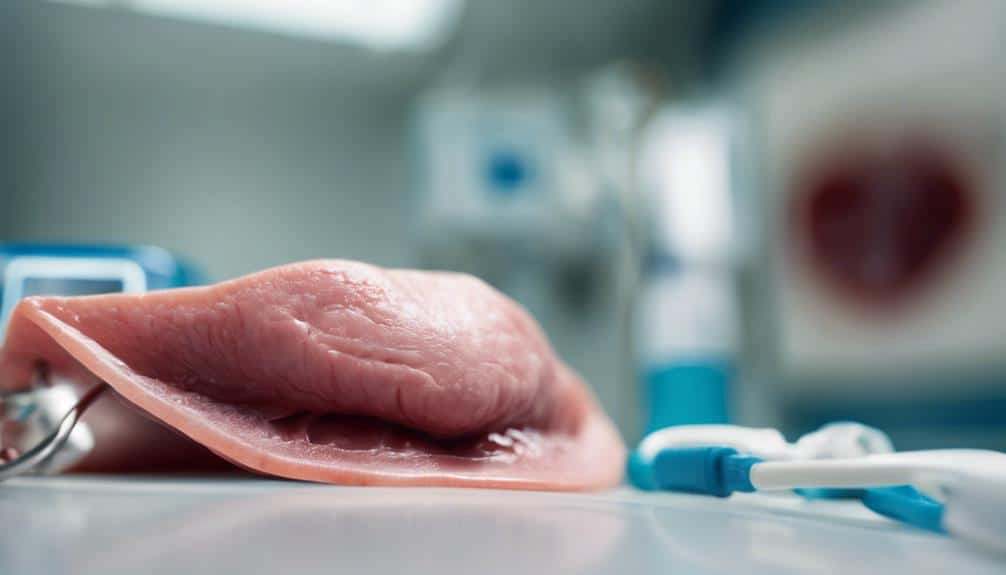
While most tongue burns can be treated at home, there are certain situations that warrant seeking medical help to prevent complications and promote timely recovery.
If you've suffered a severe burn, it's important to know when to seek medical attention. If you experience persistent redness, swelling, or increasing pain, don't hesitate to consult a healthcare professional. Additionally, watch out for symptoms like swollen lymph nodes, fever, or signs of airway compromise, as these may indicate a more severe condition.
If your burn persists beyond a week, it's critical to visit your healthcare provider to rule out any underlying complications.
Immediate medical care is necessary for severe tongue burns, as they can lead to serious complications if left untreated. If you're experiencing persistent pain that doesn't improve with home remedies, don't delay seeking medical attention. Your healthcare provider can assess the severity of your burn and provide guidance on the best course of treatment.
Can the Methods for Healing a Burnt Tongue Also Help with Wisdom Teeth Recovery?
Yes, some methods for healing a burnt tongue can also help speed up wisdom teeth recovery. Using ice packs, avoiding spicy foods, and practicing good oral hygiene can all aid in the healing process for both burnt tongues and wisdom teeth extraction.
Will Eating Brisket in the Oven Cause a Burnt Tongue?
Cooking brisket in the oven requires careful monitoring to avoid burning. If not cooked properly, the brisket can retain heat and cause a burnt tongue. It’s essential to follow proper cooking time and temperature guidelines to enjoy a tender and flavorful brisket without risking a burnt tongue.
Frequently Asked Questions
How Do You Heal a Burned Tongue Fast?
To heal a burned tongue fast, you'll need to take immediate action. Start by drinking cool water or sucking on ice chips to reduce the stinging sensation.
Next, avoid hot foods and drinks to prevent further irritation. Take over-the-counter pain relievers like acetaminophen or ibuprofen for quick relief.
Rinsing your mouth with a saltwater solution can also reduce swelling and pain.
How Long Does It Take for a Tongue to Heal After Being Burnt?
You're left wondering, how long will you be dealing with the discomfort of a burnt tongue?
The answer is, it typically takes around 1-2 weeks for your tongue to heal. But, don't be surprised if it takes a bit longer, depending on the severity of the burn.
Your tongue's resilience and ability to regenerate taste buds every two weeks will aid in the healing process.
What Happens if You Burn Your Tongue With Hot Food?
When you burn your tongue with hot food, you'll likely experience immediate pain and discomfort. The burn can affect your taste buds, temporarily altering your sense of taste.
In severe cases, blisters may form on your tongue. Taking prompt action to cool the burn is crucial, as it helps reduce pain and promotes faster healing.
Can Honey Cure Burnt Tongue?
You're wondering if honey can cure a burnt tongue. The answer is, it can definitely help!
Honey's antimicrobial properties can promote faster healing, reduce inflammation, and provide a soothing effect. Its stickiness creates a protective barrier, aiding in recovery.
As a natural and safe remedy, honey can be a great option for relief. Studies have shown its antibacterial and anti-inflammatory properties can aid in wound healing, making it a sweet solution for your burnt tongue.
Conclusion
As you've taken the first step towards healing your burnt tongue, remember that patience is key. Like a phoenix rising from the ashes, your tongue will regenerate, but it needs time and TLC.
Don't rush the process, and let the soothing remedies work their magic. With a little care, your taste buds will be dancing again, and the memory of the burn will be nothing but a distant, bitter taste.
